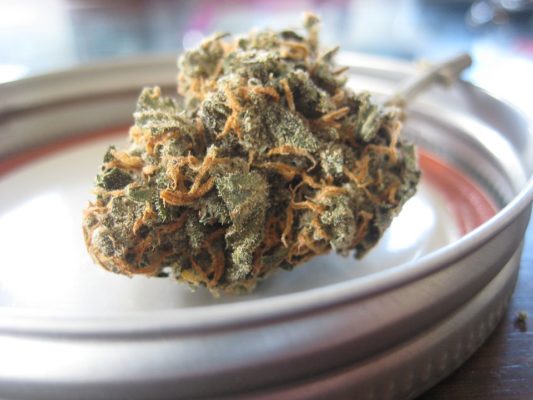Most athletes, both professional and amateur, will face pain and inflammation at some point in their
careers. Either through injury or the wear and tear of rigorous training, muscle and joint aches and pains
can be a consequence of an athletic lifestyle. To deal with the pain, athletes have turned to everything from natural homeopathic therapies to
powerful prescription painkillers. But as the toll from the side effects of some treatments, particularly
opiates, becomes clear, many are looking for better options to address the challenges of pain and
inflammation.
One alternative being increasingly embraced is cannabidiol, or CBD. Cannabidiol has strong anti-
inflammatory and natural pain-relieving properties and can be used in many forms. And although CBD is one of
the chemicals found in cannabis known as cannabinoids, it has no intoxicating effects. These
characteristics are leading to acceptance of CBD by more and more athletes and even sports leagues and
regulatory bodies.

In September of last year, the World Anti-Doping Agency removed CBD from its list of substances
banned for use by athletes. Consequently, this year’s FIFA World Cup was the first that allowed players
to use CBD.
In January 2018, pro minor leaguers North American Premier Basketball became the first U.S.
professional sports league to allow CBD use by its athletes. And in June, the BIG3 basketball league
announced it would do the same.
The BIG3 was founded in 2017 by hip-hop star Ice Cube and entertainment industry executive Jeff
Kwatinetz. The league features games between teams of three players, most of whom have retired from
the NBA and have a career’s worth of injuries behind them. In an interview for Forbes, Ice Cube said that the league’s decision was made with the players best
interest in mind.
 “We look at the use of CBD as compassion for our players,” said Ice Cube. “These guys put their bodies
“We look at the use of CBD as compassion for our players,” said Ice Cube. “These guys put their bodies
on the line for us and the fans to entertain us with their talent. And as they’re hurting and in pain and
there’s something out there that can help them, that doesn’t enhance their performance or intoxicates
them…. To me, it’s simple compassion.”
Ice Cube added that the BIG3 is making its rules independently, rather than falling back on old
misconceptions and misinformation.
“We want to think about the players and not some dumb policies [in sports] or the policies of our
government, which is wrong when it comes to marijuana,” he said. “The use of CBD when it comes to
relieving pain needs to become an alternative to opioids.”
However, not all sports leagues are allowing the use of CBD yet. Although the NFL and its players union
have agreed to study the potential of medical marijuana for treating pain, the league has not yet
approved any therapies derived from cannabis. In April, the NFL denied current player Mike James’
petition for an exception to league policy that would allow him to use cannabis medicinally.
Retired NFL lineman Jeff Hatch developed an opioid addiction during his career. He said that his case is
not an isolated one.
“Many, if not most, NFL players cope with the excruciating pain during their playing careers with the
help of prescription painkillers, which are easy to obtain through their teams, fellow players, doctors
and other sources,” Hatch said. “Many become addicted and most don’t take advantage of whatever
assistance is available during their playing careers.”
As the experiences of more players like Hatch become known, the migration of athletes from
prescription painkillers to CBD is likely to continue.

